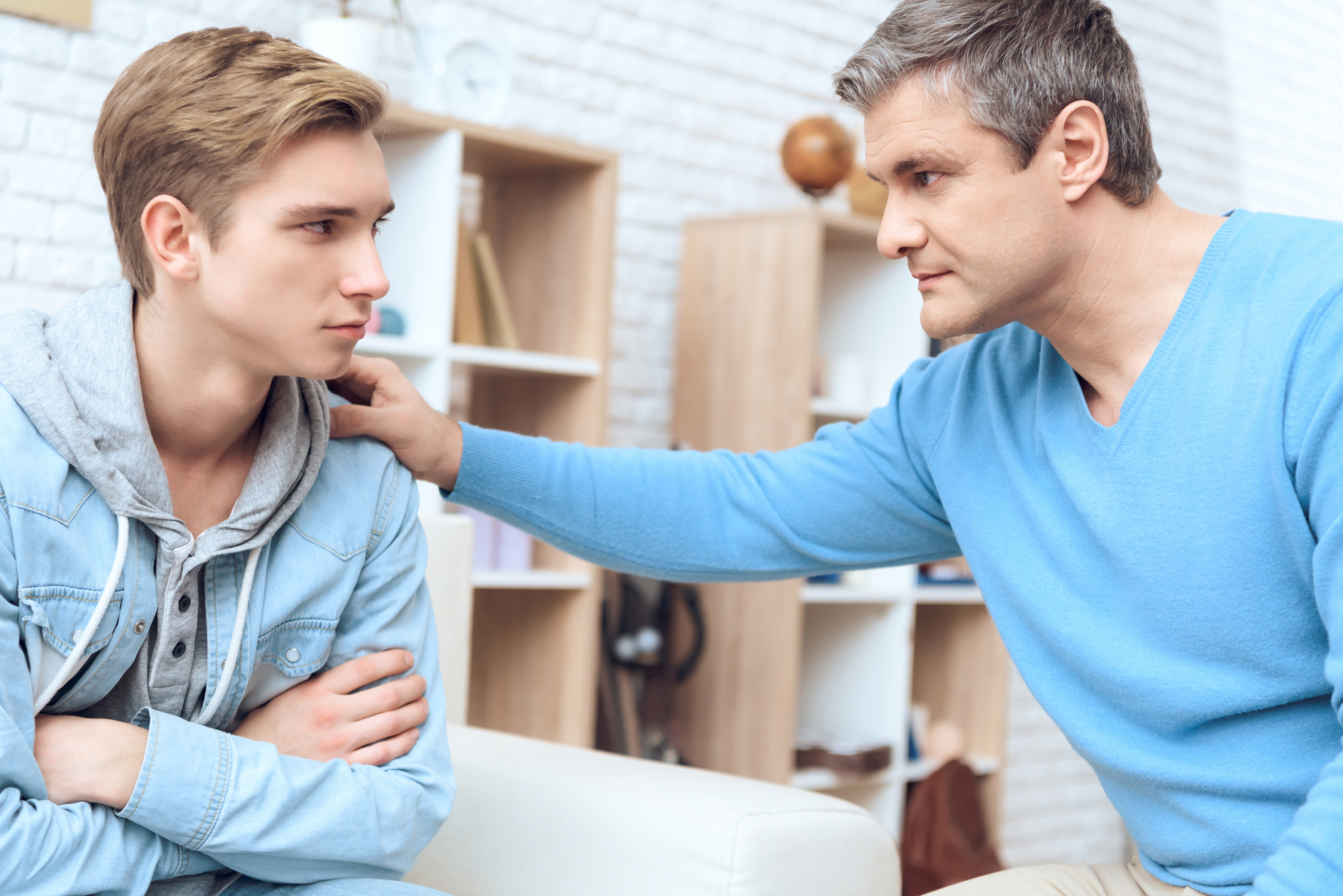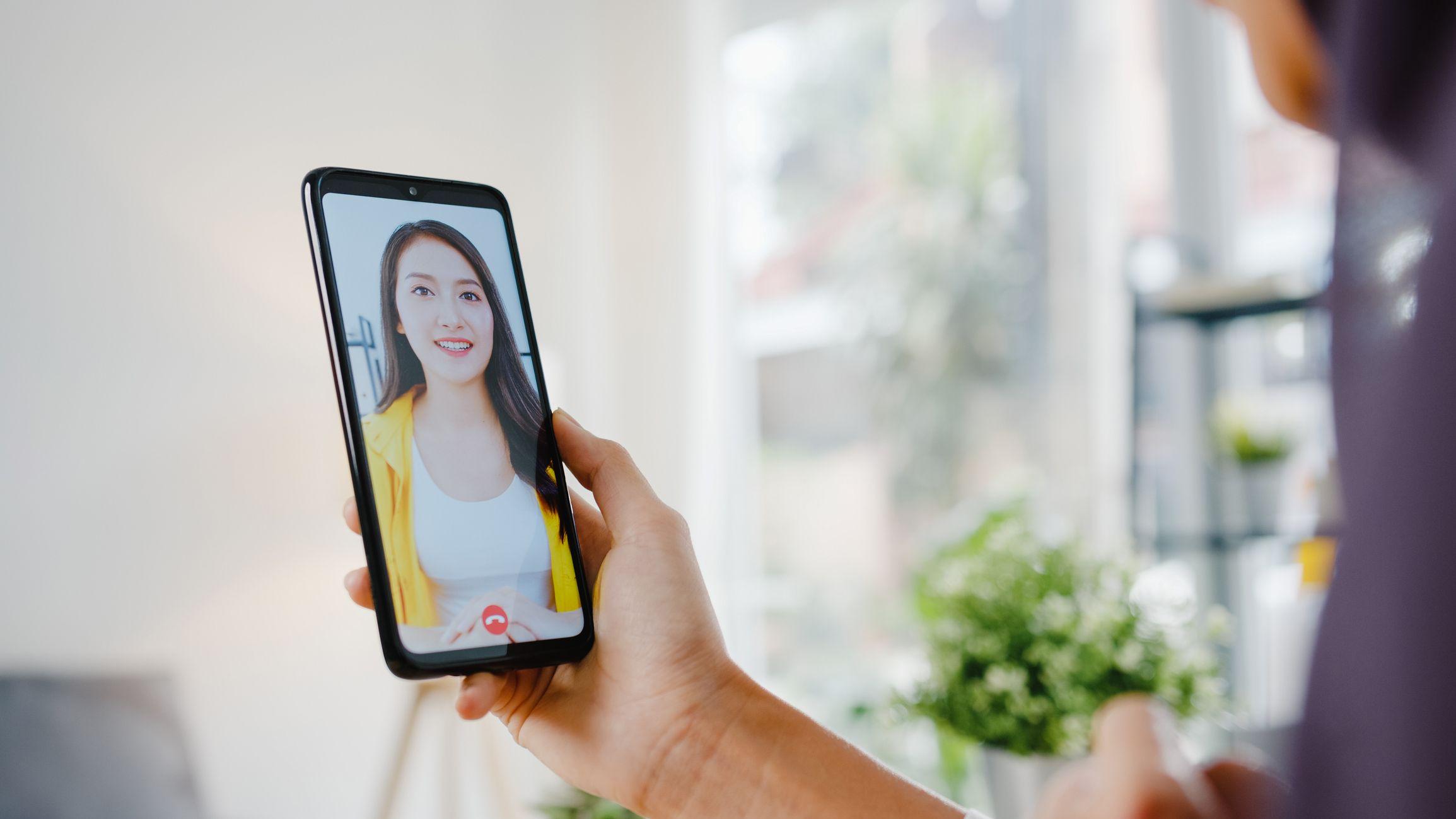Can minors go to therapy without their parents' permission in Colombia? This is how much access they would have if they sought psychological services.

The mental health of young people in Colombia remains an urgent challenge. According to UNICEF figures, 44.7% of children and adolescents in the country experience some form of mental health problem. Meanwhile, the Ministry of Forensic Medicine reported that, in the first quarter of 2024 alone, 24 minors took their own lives in the country.
Faced with this reality, the International University of Valencia (VIU) addressed the question of whether adolescents can seek psychological therapy.
The answer, according to María Dolores Alaminos Hervás, a professor in the institution's Master's Program in Child and Adolescent Psychology, is: "Even if minors seek professional help, it will always be subject to adult consent."
And among the new generations, the teacher points out, it has become normal to ask for help when it comes to mental health.
For minors under 16 or 18, the psychology expert explains, parental or legal guardian consent is crucial , as it can play a key role in accessing psychological care.

Cognitive behavioral therapy (CBT) is considered effective for treating depression. Photo: ISTOCK
Alaminos revealed that, in most cases, referrals do not come from the adolescents themselves, but from the families themselves.
"For this reason, referrals usually come from the family, family doctors, and the school, in that order. At these ages, in a significant number of cases, the referral is external, not decided by the patient, which can lead to initial resistance to cooperation," the expert emphasizes.
Recommended psychological therapies for young people Alaminos explains that when working with adolescents, different approaches are applied depending on the situation . Among them, Cognitive Behavioral Therapy (CBT) stands out, considered one of the most effective for treating:
- Depression
- Anxiety
- Phobias
- Obsessive-compulsive disorder
- Risk behaviors
He also mentions other resources such as family therapy, useful in cases of intrafamily conflicts or life changes; relaxation and mindfulness techniques, which can be adapted from an early age; and audiovisual and recreational tools, which facilitate closeness with young patients.

Family therapy is helpful in cases of intrafamily conflict. Photo: iStock
" Cognitive restructuring techniques, social skills training, emotional education, and others are very effective in working with adolescents ," Alaminos points out.
In fact, one of the most important aspects, according to the expert, is that psychologists must develop a special approach with young people, adapting their language and showing interest without imposing or judging. "It's always necessary to negotiate clear boundaries of confidentiality with the child and their family before beginning therapy," she states.
Challenges in access to mental health According to the institution, despite the increase in help-seeking, significant obstacles remain. According to the VIU, on the one hand, some adolescents tend to minimize their problems; on the other, there are economic factors that highlight the lack of public mental health assistance, which translates into delays in care and low appointment frequency .
However, virtual therapy is emerging as an alternative. "Since the COVID pandemic, many young people are attending teletherapy instead of in-person consultations , depending on the reason for the consultation and treatment," explains Alaminos.

Many patients have switched to virtual therapy and are taking advantage of teletherapy. Photo: Getty Images
María Paula Rodríguez Rozo
Journalist for the LATEST NEWS EDITORIAL
eltiempo

%3Aformat(jpg)%3Aquality(99)%3Awatermark(f.elconfidencial.com%2Ffile%2Fbae%2Feea%2Ffde%2Fbaeeeafde1b3229287b0c008f7602058.png%2C0%2C275%2C1)%2Ff.elconfidencial.com%2Foriginal%2Fb08%2F086%2F5ff%2Fb080865ff90b9324a2798bcb093c5d18.jpg&w=1280&q=100)


%3Aformat(png)%3Aquality(99)%3Awatermark(f.elconfidencial.com%2Ffile%2Fa73%2Ff85%2Fd17%2Fa73f85d17f0b2300eddff0d114d4ab10.png%2C0%2C275%2C1)%2Ff.elconfidencial.com%2Foriginal%2F051%2Fa27%2F175%2F051a27175e9fdb34b6993f101b6d2386.png&w=1280&q=100)
